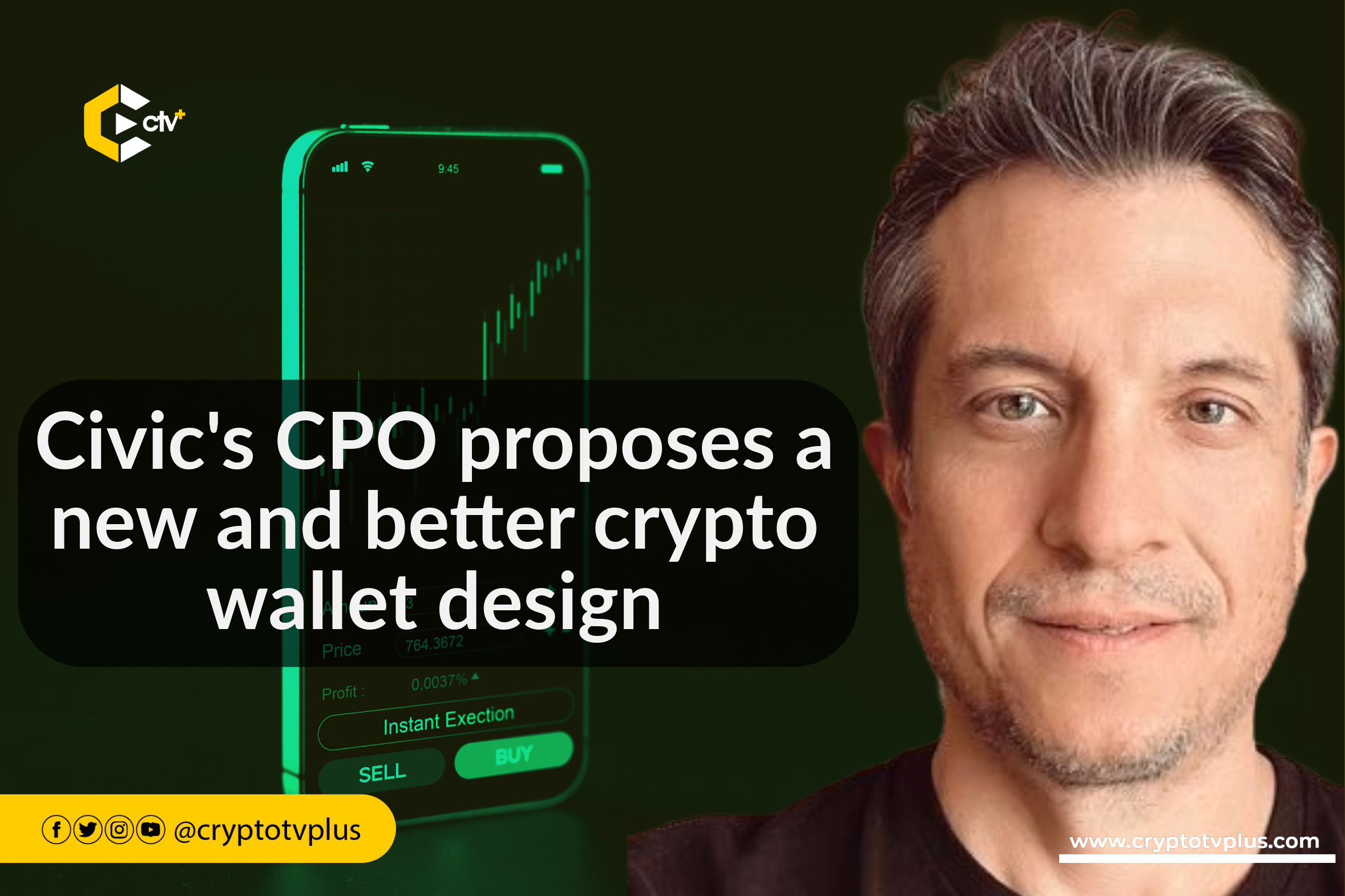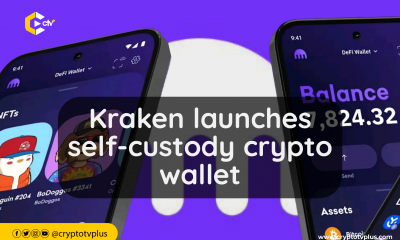FEATURED
Civic’s Chief Product Officer proposes a new & better crypto wallet design

Amid the several intriguing conversations at Breakpoint 2023, JP Bedoya, the Chief Product Officer at Civic, captivated the audience with a thought-provoking speech urging for a paradigm shift in the user experience of the Web3 domain.
Renowned for his influence in the Solana ecosystem, Bedoya delved into the hurdles encountered by users during their initiation into decentralized applications (dApps) and unveiled a bold proposition: the eradication of wallets, forever transforming the landscape.
Wallets play a crucial role in Web3 by facilitating interactions with dApps and managing digital assets like cryptocurrencies, non-fungible tokens (NFTs), and other types of digital tokens.
They offer a secure means of storing, managing, and transferring these assets, making them vital for the advancement of the decentralized web.
CivicKey, a dedicated project focusing on identity tools for Web3, provides services such as identity and age verification. Its primary objective is to offer versatile identity verification solutions for various use cases, including distinguishing between humans and bots, proving liveness, conducting Know Your Customer (KYC) and Know Your Business (KYB) processes, and enabling permissioned markets.
The efforts of CivicKey align with the broader objectives of Web3, which prioritize self-sovereignty and inclusion. By empowering individuals to take control of their data and digital assets, Web3 aims to create a more inclusive and user-centric digital landscape.
What Civic wants to do about identity
According to Bedoya, Civic, a player in the identity and access management sector within Solana, has been contemplating ways to make the transition to Web 3.0 more inviting and less intimidating for users.
He argued that despite efforts to improve user onboarding, the inherent complexities of managing private keys and dealing with wallets remain significant barriers.
As he illustrated, the typical user journey involves a series of daunting tasks, such as securing seed phrases, avoiding scams, and navigating complex onboarding processes.
Even after successfully onboarding, users often face the challenge of dealing with empty balances and the need to navigate exchanges and various verification processes. This led him to question the necessity of wallets in the Web 3.0 experience.
The solution?
To tackle this issue, Bedoya put forth three design principles. The first principle suggests offering managed wallets to users, streamlining the process by taking care of custody in the background.
The second principle involves utilizing service providers such as MetaWeb3 or Magic Link, which seamlessly integrate NPC wallets to ensure both security and self-custody.
Finally, Bedoya’s last proposal emphasizes leveraging Solana’s unique capabilities. This involves allowing users to log in using existing accounts (e.g., Gmail) and manage their security and assets through a PDA.
Network fees, and scalability
In addition to simplifying the onboarding process, he discussed the importance of addressing rent and network fees. He proposed subsidizing these costs to create a seamless user experience without the need for users to worry about fees.
Furthermore, he highlighted the role of compression in reducing costs and increasing scalability. By implementing state compression techniques, it becomes possible to bring costs close to zero, enabling the support of millions of users.
He ended his talk by calling for a reevaluation of the financialization of every aspect of Web 3.0 applications. He challenged the prevailing notion that everything in the space must have a financial incentive, encouraging developers to explore alternative approaches.
Read also; Helius COO speaks on the economics & mechanics of scaling NFT compression
























